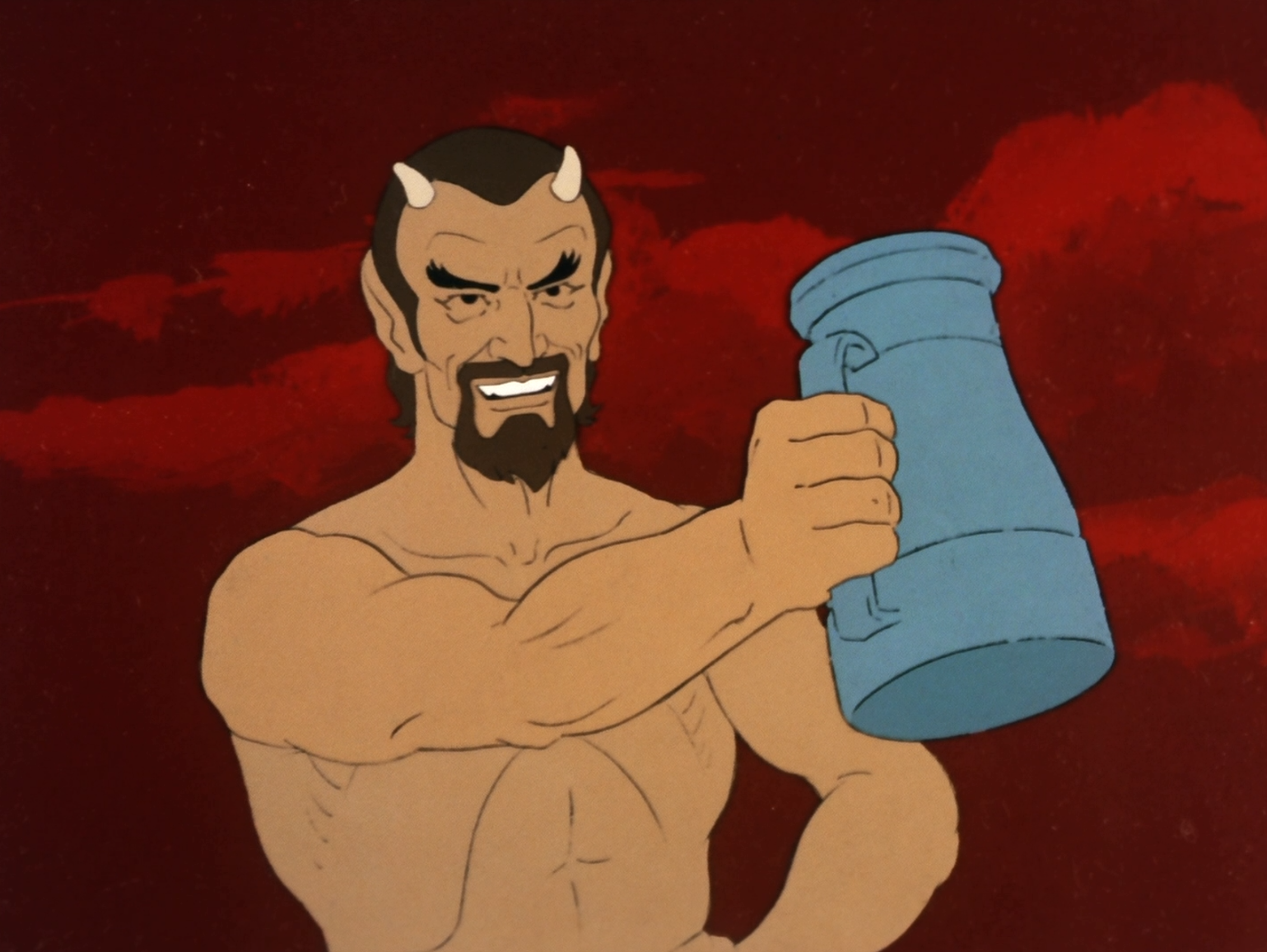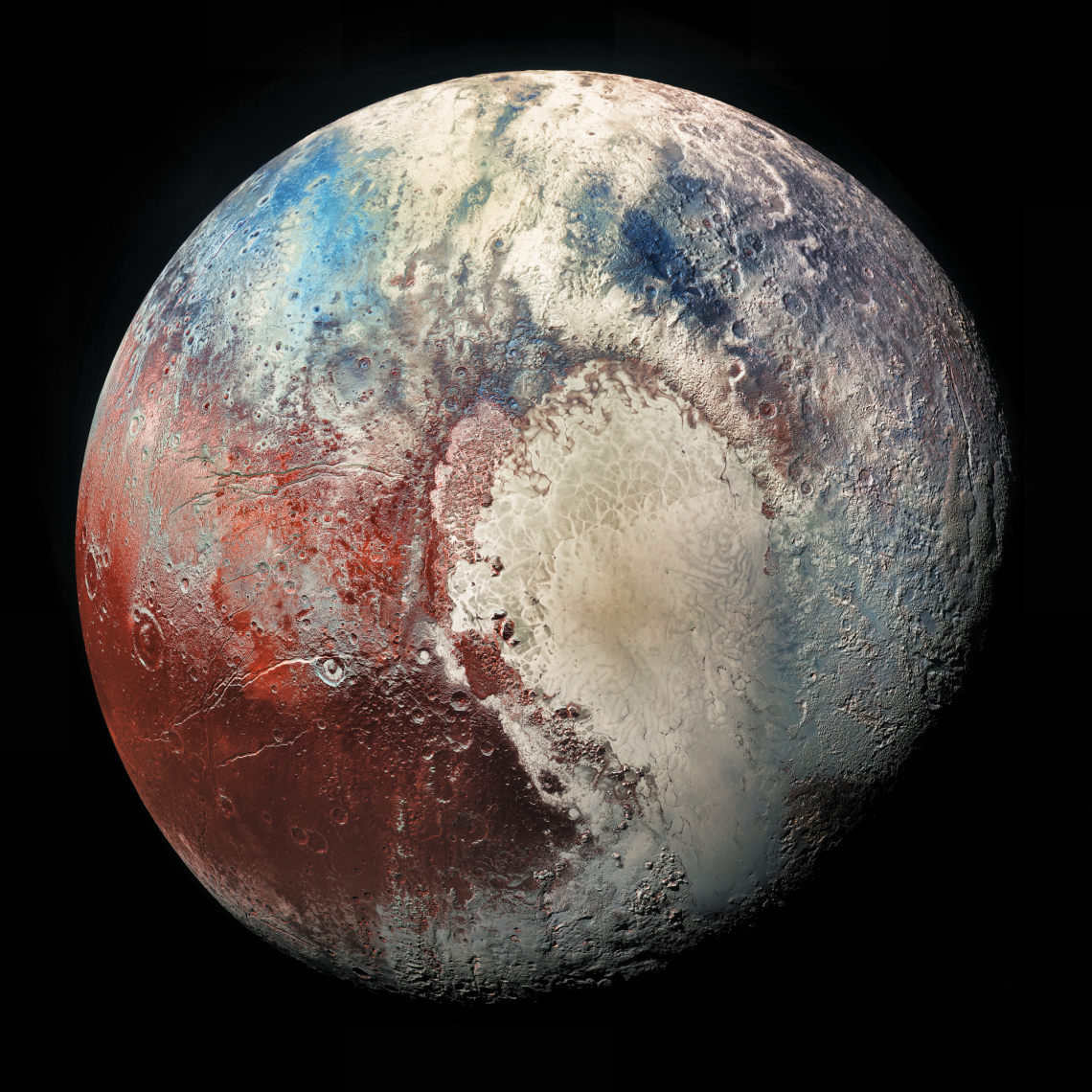Me, who misread the caption at first, who knows Plato is a philosopher
I thought it was a kind of modeling clay.
No, you’re thinking of play doh, a type of starchy tuber.
Back in school we used to have a book with an illustration of the solar system with all the planets in neat almost circular orbits in a plane around the sun. And there was Pluto with its skewed orbit that was all over the place. My teacher couldn’t convince me that it should be lumped in with the rest of the planets.
I felt satisfaction when Jim Carrey’s kids in Me, Myself and Irene complained that it shouldn’t be a planet. That was the first time I ever heard a person say that.
It you class it as a planet you can have to do it for all the others
And who wants to memorize more than eight or nine planets.
I will

Pluto isn’t a planet but Phobos is still a moon. Seems unfair.
-
The rocks, ice, and gas out there doesn’t give a shit what we think.
-
Arguing that a planet must have cleared its orbit of other major bodies invokes an arbitrary size and location judgement for what constitutes a planets orbital space and what constitutes a major body.
-
The argument that the inclusion of Pluto would require the inclusion of a lot of other planets and that that is obviously bad/wrong is absurd. Why can’t a system have a whole lot of planets?
I propose an unoriginal definition of a planet:
-
Large enough to become spherical under its own mass.
-
Too small to fuse hydrogen, regardless of its presence.
I think we should really consider the term “planet” to be somewhat vague, and use the term “proper planet” when referring to all the things that match my proposed definition. The proposed definition includes things we have other names for and that’s okay; we just use those other names when we need the extra specificity, like moon, rouge planet, dwarf planet, etc.
Well said. This is my take on it too. It’s really the only reasonable approach.
Our moon would be a planet under that definition
Yes that’s right. It would also be a moon. I see no reason why it can’t be both.
-
The stupidest consequence of the definition is not the classification of Pluto, but that there are only eight planets in the entire universe.
a planet is a celestial body that:
- is in orbit around the Sun
*a sun
No. I copied and pasted that. The definition says ‘the Sun’. There was a proposal to classify ‘exoplanets’ but the IAU never accepted it, and so those large masses orbiting other stars remain undefined.
Me who knows Pluto is a manga
Always “Pluto, Pluto, Pluto”. Why does no one ever remember Ceres, Eris, Haumea, and Makemake? They’re each as much of a “planet” as Pluto is.
Yeah, dwarfs.
Hi.
Go away, Pluto. You are not a planet. /s
me knowing pluto is a comrade
Hello there.
Are dwarf stars not stars?
No, because they aren’t undergoing hydrogen fusion due to their insufficient mass.
https://en.m.wikipedia.org/wiki/Dwarf_star
That doesn’t seem to be entirely accurate.
TIL the Sun is not a star.
Thr sun is a G type main sequence star that is undergoing hydrogen fusion. Proper astronomers don’t refer to it as a yellow dwarf anymore for that exact reason.
???
new planet definition is dumb and i don’t subscribe to it. pluto is always a planet as far as im concerned
Then you must accept at least 5 more and up to a couple hundred. Are you prepared?
the more the merrier
Then the most important question is: What mnemonic do you use to remember them all?
mee vee eee mee jee see uee nee pee
You missed at least Ceres, Eris, Haumea, and Makemake.
False. Pluto is the greatest robot on Earth.
Gas giant planets, ice giant planets, rocky planets, dwarf planets.
I don’t see what the big deal is.
The deal is the weird part where they made a specific point of and big deal out of the new classification not being a type of planet despite having the word planet in the name.
The “big” deal is that a ton of celestial bodies of comparable size to pluto would have to be considered either as planets or as general debris. Finding a clear definition which would include pluto as a planet and not include other stuff would be very impractical and possibly nearly impossible.
But the biggest fuck up was to name a non-planet a “dwarf planet”.
I’m well aware of the existence of countless dwarf planets in the solar system, and the naming issues that arose from the discovery.
I don’t mind that they called them dwarf planets. But I don’t know why everyone got so upset about it. It sounds like just another class of planet to me, which seems quite appropriate.
I agree that they marketed the change about as poorly as they could.
Sure, people have taken the matter way too personal. That’s mostly people who have a nostalgic relationship to their childhood classes about “the 9 planets”.
As I’ve read, they made the definition in the particular way to remove gray areas of inaccurate meassurements. A celestial body shouldn’t be wrongly classified due to being a few kilometres larger than some limit, then be reclassified later due to better meassurements. Planets need to be somewhat spherical, orbit a star and clear their orbit from significant debris. They made a great system which doesn’t leave big gray areas. A planet is defined in a well thought out way by people way smarter than me.
And then they go and call the non-planets “dwarf planets”.
I’ve heard some push to just call them all “Worlds.” Planets, moons, asteroids, etc. and all, which is also fine by me.
Seems to be an appropriate thread for this absolute banger: https://youtu.be/EuRjmzz6qL0














